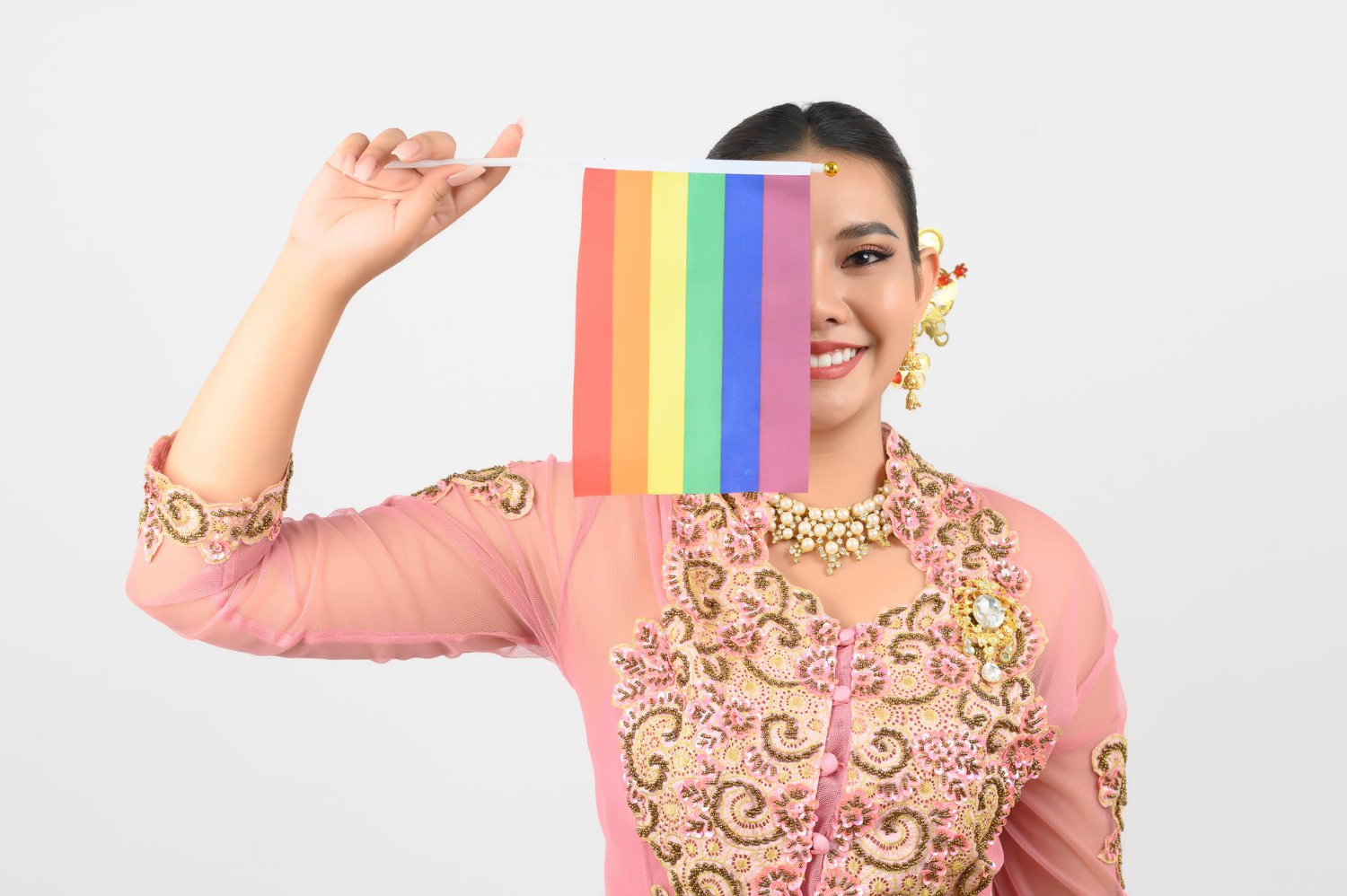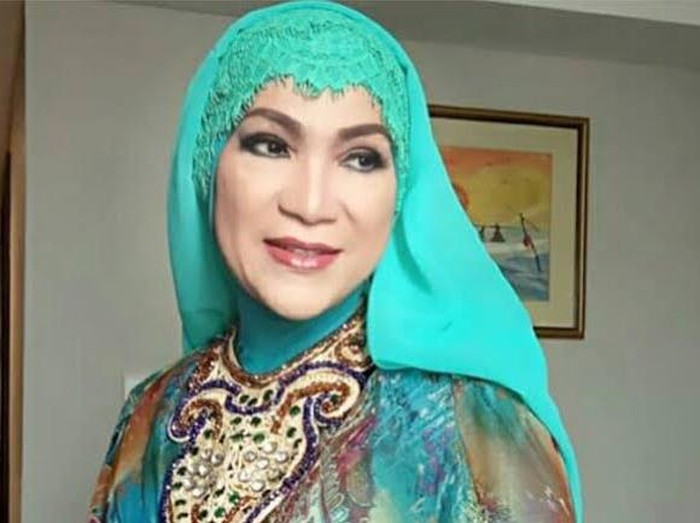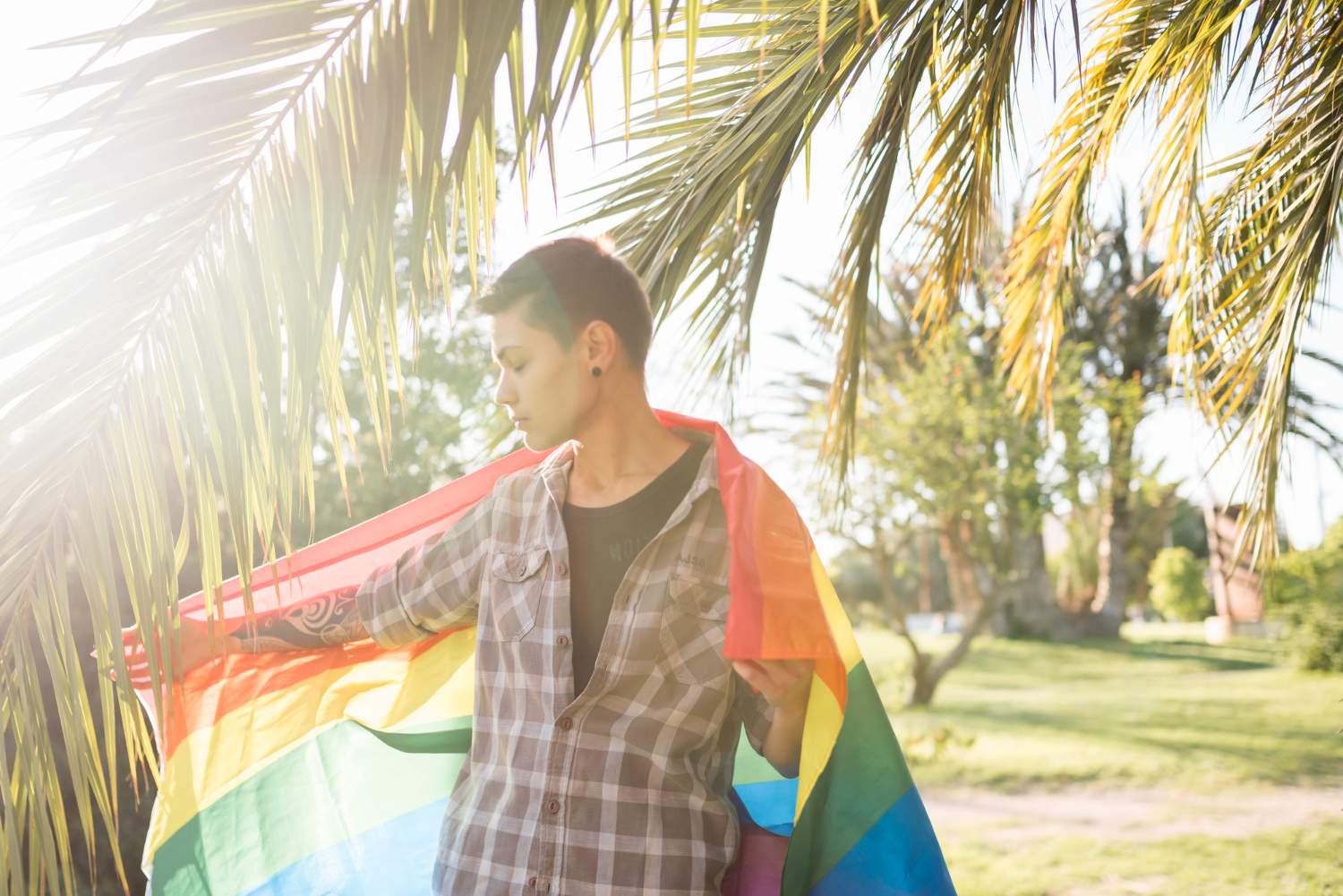Dive into a colourful mosaic of history, resilience, and adventure as we navigate through Indonesia's LGBTQ+ scene.
From the courageous journeys of LGBTQ+ Indonesians to essential travel tips for Bali, get ready for an eye-opening exploration!

LGBTQ+ Rights in Indonesia: A Historical Overview
The struggle for LGBTQ+ rights in Indonesia reflects a complex interplay of culture, religion, and politics.
Unlike Malaysia, Indonesia doesn't have specific laws against sodomy. However, being mostly Muslim, Indonesia tends to be conservative in its approach.
Even though Indonesia had allowed private, consensual same-sex activity since 1993, it permitted Aceh province to enforce strict sharia-based laws, resulting in severe penalties for homosexuality. This was highlighted when two gay men, aged 20 and 23, were publicly caned in Aceh in 2017 for engaging in private consensual sex.
In December 2022, Indonesia's parliament passed a new criminal code, effectively criminalising same-sex conduct for the first time in the nation's history.
The government also actively censors media promoting homosexuality and has initiated bans on websites and apps with similar content.
Public opinion reflects the official position. A 2023 Pew Research Centre survey found that 95% of Indonesians oppose same-sex marriage.
Discrimination and harassment against the LGBTQ+ community are common in Indonesia, with incidents like police raids and arrests.
Unfortunately, there are no specific legal protections against hate crimes or discrimination for the LGBTQ+ community.
Consequently, many LGBTQ+ individuals in Indonesia choose to keep their identity hidden.
Despite facing significant challenges, Indonesia's LGBTQ+ movement stands as one of the oldest and largest in Southeast Asia, with more than 30 organisations.
It all began in 1982 with the emergence of the first gay rights groups, setting the stage for organisations like Lambda Indonesia and Gaya Nusantara, which advocate for LGBTQ+ rights. Additionally, the Srikandi Sejati Foundation provides crucial support for transgender health.
The influential Yogyakarta Principles, promoting human rights and equality for LGBTQ+ individuals globally, were formulated during the LGBT rights summit in Yogyakarta, Java, in 2006.
In conclusion, despite facing challenges, Indonesia's LGBTQ+ community remains politically active, working towards gaining recognition and acceptance within society.
Dorce Gamalama: A Trailblazing Indonesian Transgender Icon
Dorce Gamalama's remarkable journey exemplifies bravery, resilience, and creativity in the face of challenges.
Born as Dedi Yuliardi Ashad in Solok, West Sumatra, Dorce grew up in a large family as the youngest son.
She reported having first experienced gender dysphoria when she was 7 years old. Because she was drawn to the performing arts from a young age, she found a way to express herself by wearing female clothing while on stage.
As she entered her teenage years, Dorce embraced her true identity and adopted the stage name Dorce. This decision marked a significant moment of authenticity.
In 1983, Dorce underwent sex reassignment surgery in Surabaya, Indonesia. Three years later, in 1986, her gender change was officially recognized.
Despite societal norms, Dorce’s career as a singer, actress, and presenter skyrocketed, earning her widespread acclaim and admiration throughout Indonesia.

The public acceptance of Dorce as a trans person amid the challenges faced by the LGBTQ+ community in Indonesia may seem surprising.
However, one factor contributing to this acceptance could be the cultural norm of cross-dressing for performance purposes in Indonesia. For example, in the widely celebrated dangdut dance tradition, it's common to see men dressed as women.
This openness to gender expression of the individuals within the performing industry might have played a role in fostering acceptance and recognition for individuals like Dorce within Indonesian society.
Navigating Bali as an LGBTQ+ Traveler: Tips and Advice
As an LGBTQ+ individual planning to visit Bali, it's essential to approach your trip with awareness, respect, and caution. Here we provide useful tips to LGBTQ+ travellers to Bali.
1. Choose LGBTQ+-Friendly Accommodations:
Look for hotels, resorts, and guesthouses in tourist areas like Seminyak, Kuta, and Ubud that openly welcome and cater to LGBTQ+ travellers. Many establishments in these areas are known for their inclusivity and acceptance. While checking into a non-LGBTQ+ hotel as a same-sex couple usually presents no challenges, it's wise to adhere to a "Don't ask, don't tell" approach. This means refraining from openly discussing or displaying your sexual orientation or gender identity in public settings. This strategy ensures a smooth check-in process while respecting privacy and avoiding potential discomfort.

2. Exercise Discretion:
While Bali is generally more tolerant compared to other parts of Indonesia, it's crucial to be mindful of cultural norms regarding public displays of affection (PDA). Whether between same-sex or heterosexual couples, PDA is generally frowned upon in Bali and the rest of Indonesia. To avoid potential discomfort or misunderstandings, LGBTQ+ travellers to Bali often recommend refraining from engaging in PDA altogether while in the country.
For transgender individuals, it's vital to recognize that Bali's relatively liberal environment doesn't eliminate the need for caution. Remaining mindful of surroundings and avoiding drawing undue attention to gender identity, particularly in conservative or unfamiliar settings, is crucial. By exercising discretion, travellers can navigate Bali safely and respectfully, enhancing their overall experience.

3. Respect Local Customs and Understand Media Restrictions:
Familiarise Yourself with Balinese Customs: Show respect for local beliefs and sensitivities. Avoid discussing sensitive topics like sexuality (or religion) in public settings to avoid potential misunderstandings or discomfort.
Be Mindful of Media and Advocacy Restrictions: Indonesia's government imposes strict restrictions on media content that promotes homosexuality or LGBTQ+ rights. This includes censorship of television programs, films, and online content deemed to be advocating for LGBTQ+ lifestyles. Whilst travelling in Indonesia, it's important to be aware of these regulations and exercise caution when discussing LGBTQ+ topics in public spaces or posting online.

4. Passport Considerations for Transgender Individuals:
While there may not be specific policies targeting transgender travellers at the border, individuals whose appearance does not align with the gender marker on their passport could encounter difficulties or questioning by immigration officials.
The level of scrutiny and the specific experiences of transgender travellers may vary depending on individual circumstances and the attitudes of immigration officials at the time of entry.
Having appropriate documentation to support one's gender identity, such as legal name change documents or a letter from a medical professional, can help facilitate the travel process and address any concerns that may arise.
5. Stay Informed:
Keep yourself updated on the current situation in Bali, including any safety advisories or local events that may impact your travel plans. Stay connected with fellow travellers or LGBTQ+ communities for additional support and advice.
To sum up: while Bali offers incredible experiences and opportunities for travellers, it's essential for LGBTQ+ individuals to prioritise their safety, well-being, and respect for local customs during their visit. By adopting a low-key approach to personal identity, travellers can enhance their safety and enjoy a more pleasant experience during their time in Indonesia.
Conclusion
Indonesia's journey towards LGBTQ+ acceptance is a mix of ups and downs, shaped by its diverse culture and history. From advocating for LGBTQ+ rights to celebrating icons like Dorce Gamalama, progress comes with its own set of challenges. For travellers heading to Bali, it's about striking a balance between exploring freely and respecting local customs. By embracing diversity while being mindful of cultural differences, everyone can enjoy a safe and enriching experience in Indonesia.

Sources:
You can add one right now!